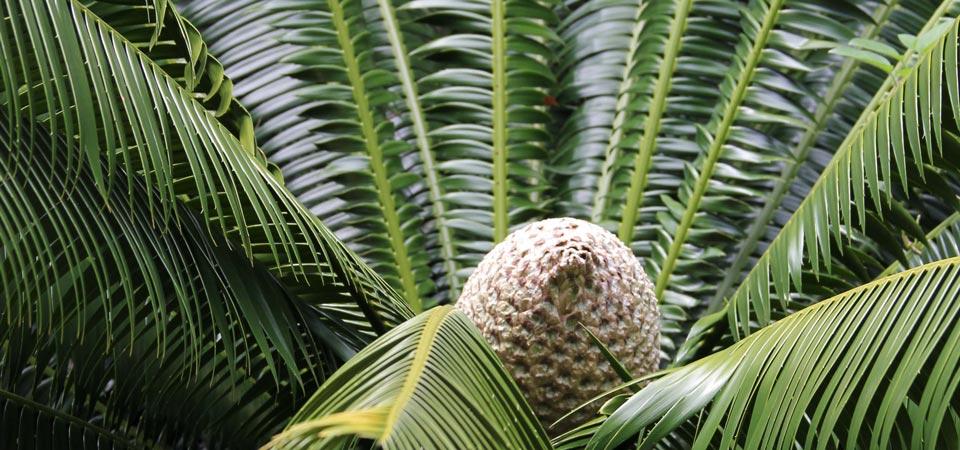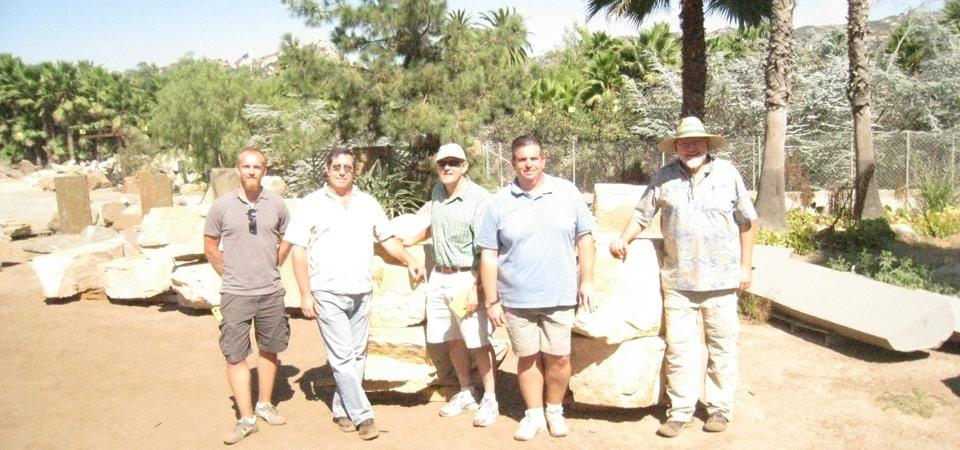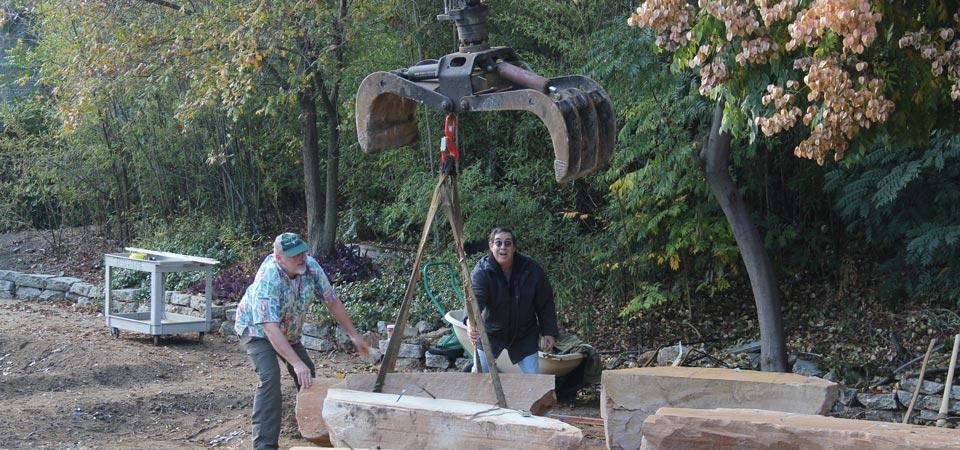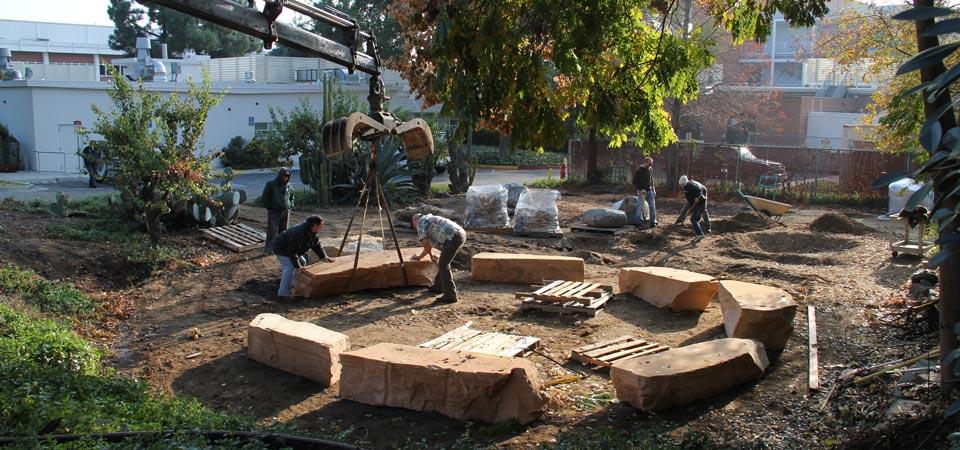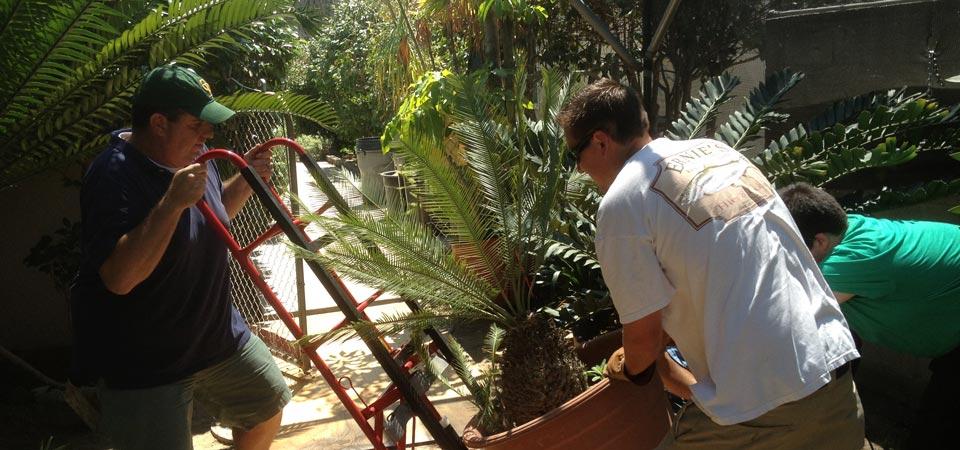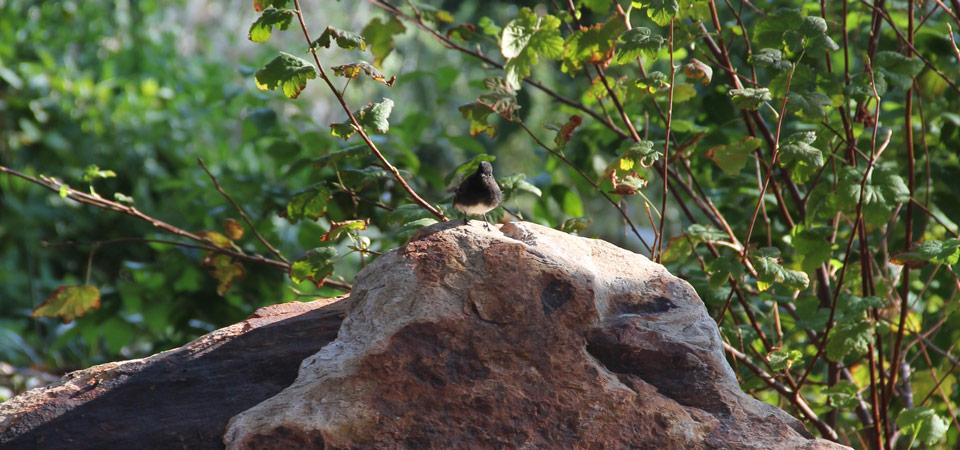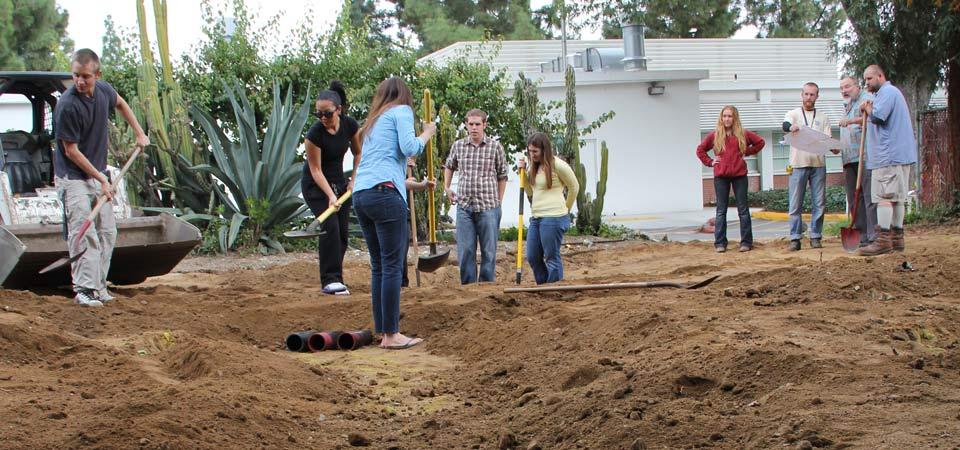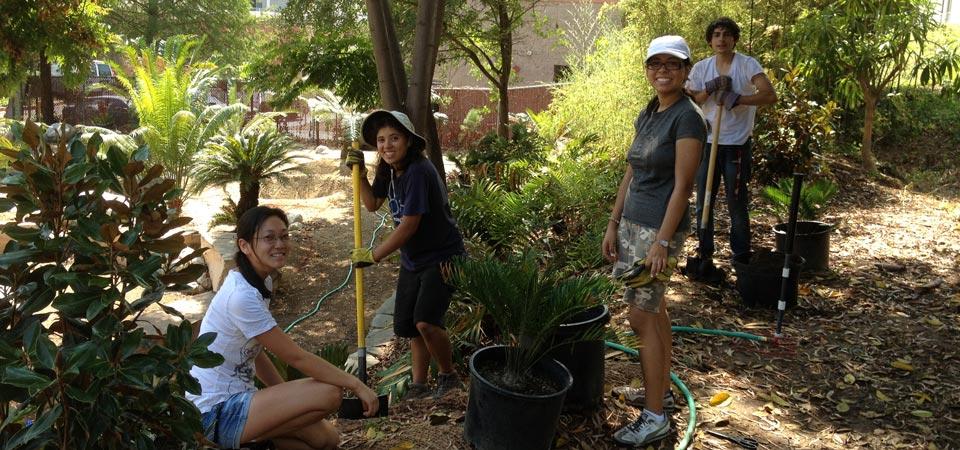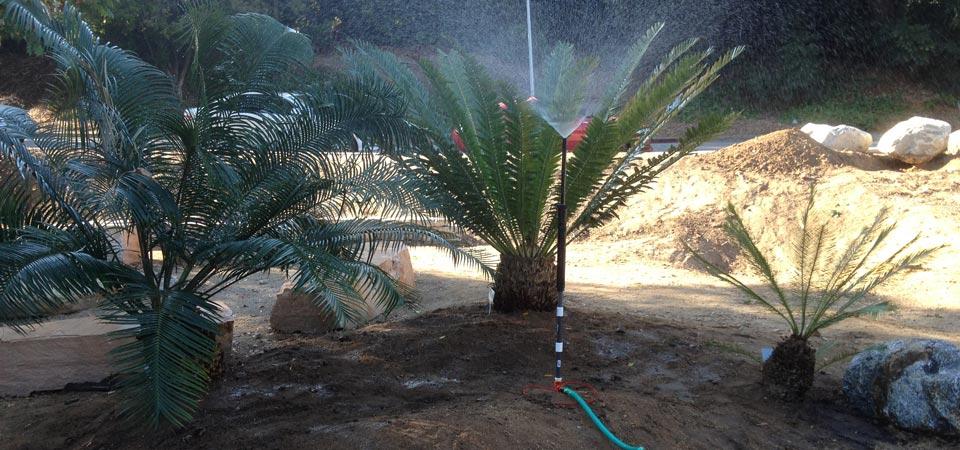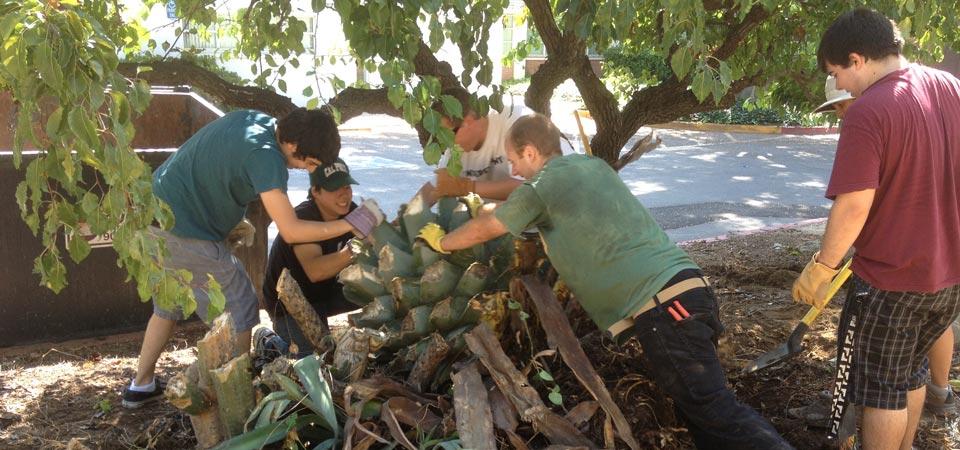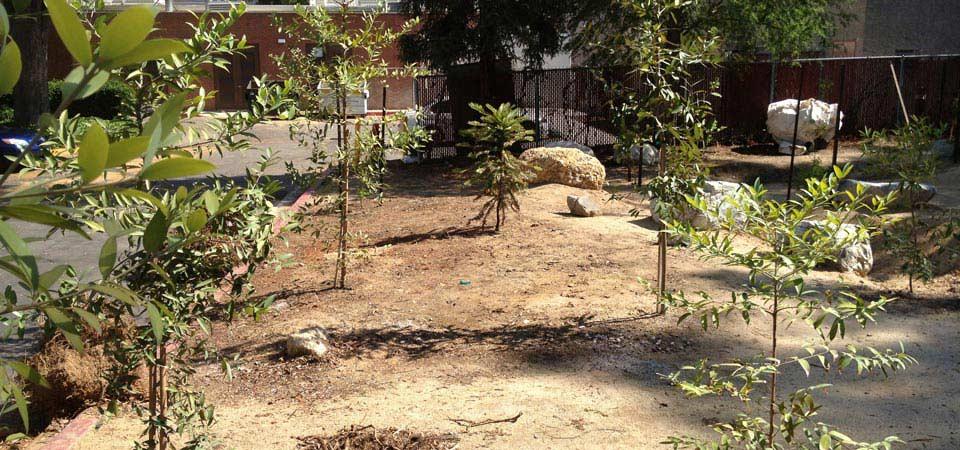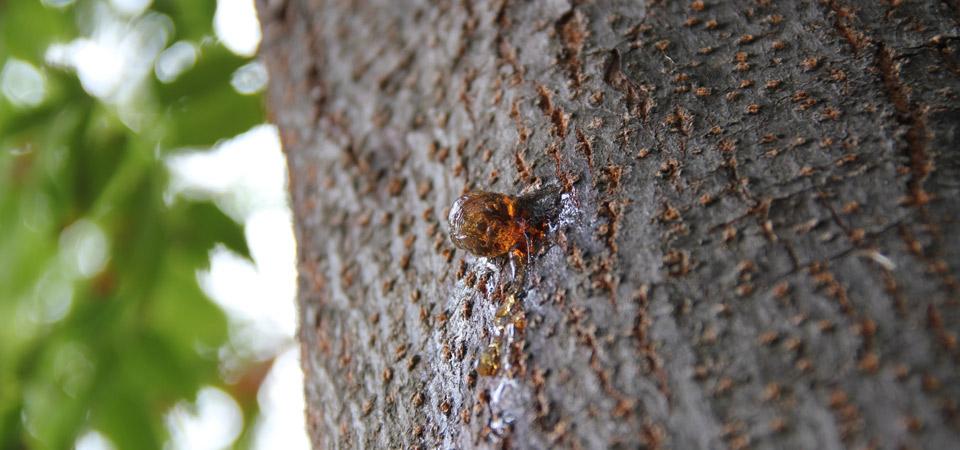Mesozoic Garden and Learning Center
California State Polytechnic University faculty and staff have developed the concept for a new Mesozoic Learning Center out of continued concern for today’s threat to all plant and animal species and the viability of the biosphere. This education-based project emphasizes the need to share the knowledge, values and ethics of behaviors that embrace nature and ecological and biological sustainability on a finite Earth. This project is made possible through a private donation plus the Class Gift from the Class of 2011.
The College of Science is recognized for its excellence in providing students with “hands-on” learning opportunities. Faculty members are committed to an individualized course curriculum that integrates an interactive, “learn-by-doing” approach with state of the art technologies and theoretical foundations.
The BioTrek vision is that everyone has a responsibility to be environmentally literate. We have embraced our campus philosophy of learn-by-doing and community engagement as a foundation for excellence in disseminating knowledge of the natural world as well as culture and history that can contribute to that knowledge.
Learning about the earths past can help us understand our future. The Mesozoic Learning Center garden offers an opportunity to visualize organisms and environments from ancient geologic time and explain evolutionary processes. The Mesozoic Garden and Learning Center represents plant groups that evolved prior to or very early in the evolution of flowering plants that teach us about the great evolutionary, tectonic, and climatic change during the Mesozoic Era.
To be environmentally literate we must understand our sources of energy and how we can best plan for our future energy needs. Much of the world’s crude oil was formed during the Mesozoic Era, and the remnant survivors of the ancient conifers can tell us the story of where our current fossil fuel energy comes from. To be environmentally literate we must understand our sources of energy and how we can best plan for our future energy needs.
It is important that we all have opportunities to make connections with nature. The outdoor classroom is a seating area of large boulders where faculty, staff, students and visitors can gather to study, eat lunch, or just relax, surrounded by the nature from the Mesozoic Era.
